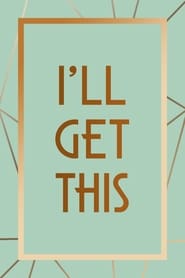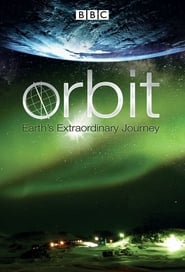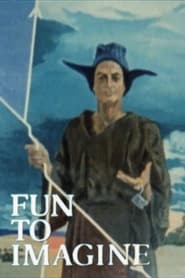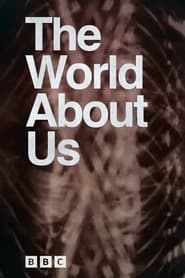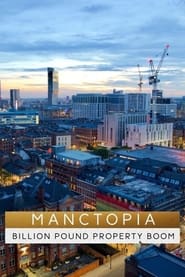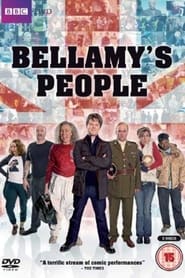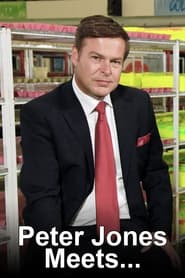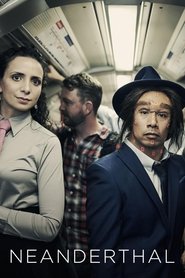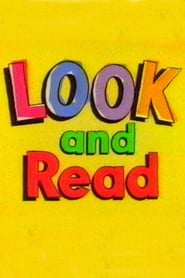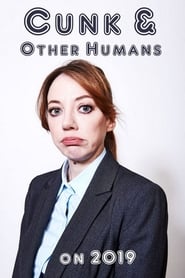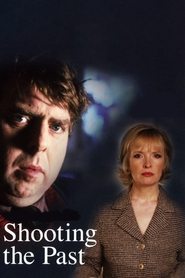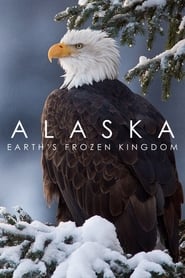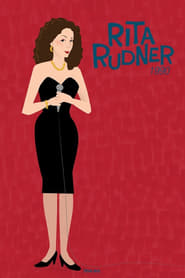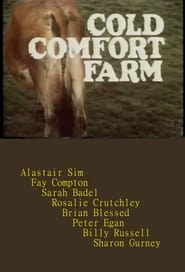Bbc Two TV Series - Page 37
-
I'll Get This
2018
I'll Get This
2018
Five celebrities meet at a restaurant for a fancy meal. The catch is they have to play games between courses and the loser will have to pay for everyone's dinner. -
Oh In Colour
1970
Oh In Colour
1970
A 1970s comedy television sketch programme, written by and featured Spike Milligan, who was accompanied by different stars every week. It was shown after the thoroughly more popular Q5, also written by Milligan and Neil Shand. It is likely the programme was written to bridge the long production gap between Q5 and the next series, Q6, which did not appear on TV screens until 1975. -
Orbit: Earth's Extraordinary Journey
2012
star 8.1Right now you're hurtling around the sun at 64,000 miles an hour (100,000 kms an hour). In the next year you'll travel 584 million miles, to end up back where you started. Presenters Kate Humble and Dr Helen Czerski follow the Earth's voyage around the sun for one complete orbit, to witness the astonishing consequences this journey has for us all. -
Fun to Imagine
1983
star 7.6Richard Feynman, theoretical physicist, enjoys thinking aloud about the adventures science can offer. Back in 1983, the BBC aired Fun to Imagine, a television series hosted by Richard Feynman that used physics to explain how the everyday world works – “why rubber bands are stretchy, why tennis balls can’t bounce forever, and what you’re really seeing when you look in the mirror.” In case you’re not familiar with him, Feynman was a Nobel prize-winning physicist who had a gift for many things, including popularizing science and particularly physics. -
Codename
1970
Codename
1970
Codename, which premiered in April 1970, was about the secretive MI17 Spy Organisation of the same name based in the residential hall of a Cambridge College. Eventually the series attained a more international flavour, although its base was always in Great Britain. Primarily Codename dealt with the themes of espionage and counter-espionage at the time of the Cold War of the sixties. Its cast contained many of Great Britain's most versatile and talented actors. -
I Love 1990s
2001
-
Stressed Eric
1998
star 6Eric Feeble is a middle-class divorced father of two who resides in London, England. An average man, with a less than average life, Eric is endlessly at his wits end -- stressed out with his family, coworkers, and his life in general. -
The World About Us
1967
star 7.7A series of films from all over the world about our astonishing planet and the creatures that live on it. Combining natural history with an element of adventure, the series featured well-known naturalists such as Jane Goodall and Gerald Durrell, and the oceanographer Jacques Cousteau. Succeeded by The Natural World. -
Manctopia: Billion Pound Property Boom
2020
Meet the people living and working in the eye of Manchester’s remarkable housing boom. -
Bellamy's People
2010
Bellamy's People
2010
Radio phone-in host Gary Bellamy is given his own TV series in which he travels the length and breadth of the land to meet the British people. -
Peter Jones Meets
2013
star 5Peter Jones, star of Dragons' Den, leaves his lair to meet some of Britain's top entrepreneurs, finding out how they made their millions and investigating whether there is a blueprint for success. -
Neanderthals - Meet Your Ancestors
2018
star 7According to recent science the Neanderthals are not the knuckle-dragging apemen of popular imagination. In fact they are our distant ancestors. About 2% of the DNA of most people is of Neanderthal origin—and it continues to affect us today. Ella Al-Shamahi enlists the skills of Andy Serkis, the master of performance capture, and a group of experts to investigate Neanderthals. -
Through The Dragon's Eye
1989
star 7Part of the BBC's educational "Look and Read" series, Through The Dragon's Eye tells the story of three children transported to the land of Pelamar by Gorwen the Dragon in order to repair the Veetacore: the "life source" of Pelamar. The children must race to find the missing pieces of the Veetacore and repair it before all life in Pelamar ceases to exist. -
Cunk & Other Humans on 2019
2019
star 7Philomena Cunk and friends take a look back at the major events of our 2019th year. -
Shooting the Past
1999
star 6.8A US property developer realises that he has a battle on his hands when he tries to renovate a London building containing a vast photographic collection and discovers that the library employees will resort to anything to thwart him. -
Alaska: Earth's Frozen Kingdom
2015
star 5.4Three-part series that looks at a year in Alaska, revealing the stories of pioneering Alaskans, both animal and human, as they battle the elements and reap the benefits of nature's seasonal gold rush. -
Rita Rudner
1990
Rita Rudner
1990
Singer, actress, dancer, comedienne: these are just some of the words the popular American comic can spell. Rita Rudner's first British series features stand-up comedy, sketches and songs. -
Cold Comfort Farm
1968
-
The Speaker
2009
The Speaker
2009
The search is on to find Britain's best young speaker. From across the UK, thousands of 14- to 18-year-olds applied in a bid to become The Speaker. -
Cat Watch 2014: The New Horizon Experiment
2014
star 7Liz Bonnin joins forces with some of the world's top cat experts to conduct a groundbreaking scientific study. With GPS trackers and cat cameras, they follow 100 cats in three different environments.
